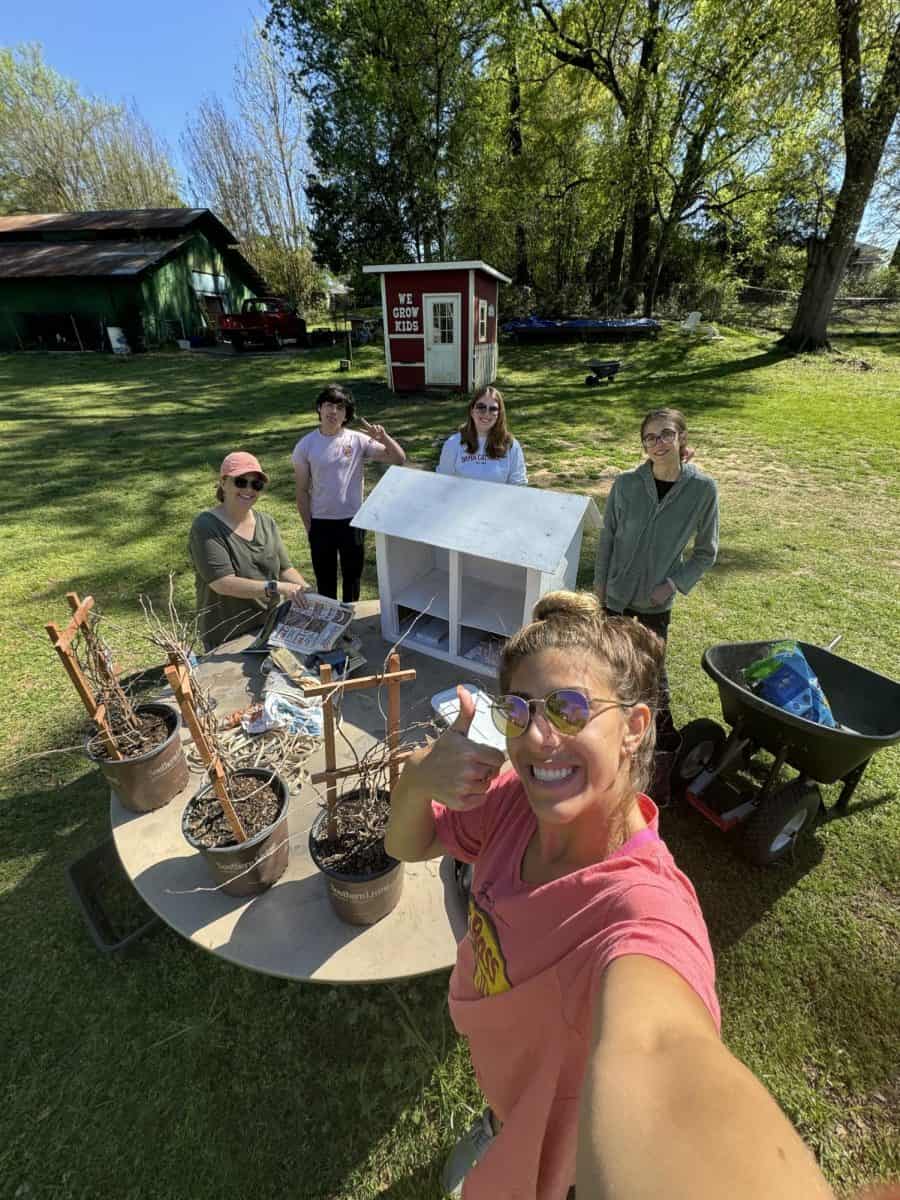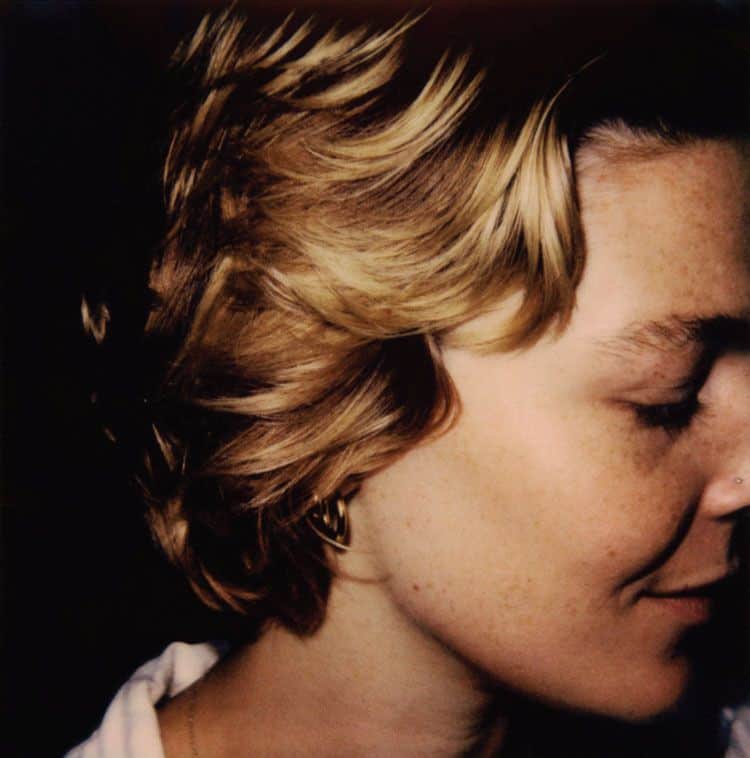“I think he was just getting into his stride when he died. His actual output — the number of records he made and sold — was pretty minimal, but his effect on country music is enormous. This is why we’re talking about him now. But we can’t know what his full impact could have been.”
The above quote is Keith Richards on country rock pioneer Gram Parsons, a close friend of the Rolling Stones guitarist. Parsons died 39 years ago on Sept. 19, 1973. Like Richards said, though we have no idea of what Parsons would be doing were he still alive, he made enough beautiful music in his 26 years to keep us talking about him now. But here’s the most important thing about Gram Parsons: we’re still listening to him.
Many consider Parsons a catalytic forerunner, if not the creator, of country rock. Parsons didn’t like the term, and preferred instead to deem his work “Cosmic American Music.” Regardless of what you choose to call it, Parsons did it, and he did it well.
He began shaping his signature sound with his work in the International Submarine Band, an act he formed during his one semester as a theology student at Harvard University, then during his brief stint with the Byrds for their 1968 record “Sweetheart of the Rodeo”, in which he converted their sound from jangly psychedelic pop to authentic country folk. Throughout his time as the lead singer of the Flying Burrito Brothers and on into his late-life solo career, during which he recorded and toured heavily with Emmylou Harris, Parsons masterfully combined the twangy practicality of country with the groove of rock ‘n’ roll.
If you sing along full-blast when the Eagles’ “Peaceful Easy Feeling” comes on during your morning drive, you dig Wilco’s early recording or you like John Mayer’s early 2012 release “Born and Raised,” then you’re already a fan of the combo Parsons pioneered.
English writer and translator Alexander Pope said it more poetically when he said “but to be human is to flaw.” Parsons wrote flawless music about being human.
Parsons’ people are dusty and worn out, either from holding down a nine-to-five or holding down stools at the local dive. It might be that they drink a little too much. Maybe they smoke a little too often. Often the men are doing all this drinking and smoking because their lady friends are giving them grief. (See the Burrito Bros’ cover of Merle Haggard’s “Tonight the Bottle Let Me Down” on “Sleepless Nights.”) But men and lady friends alike are just doing their best to make it through the week, driven by a faith that the next one will present a better scene. We all can relate to that, at least on some amoebic level.
Parsons’ humans face trials and tribulations, as do we all. But his music and his lyrics don’t come across as self-pitying or whining, either for himself or the people he represents. They’re empathetic, defining and, ultimately, rallying. That is the soul of good country music. He didn’t just sing about these people. Parsons’ music is for these people, of these people. Within the framework of his music, Parsons is these people.
Parsons’ synecdoche of the common man never came at the sacrifice of sweet sound. Especially with the Burrito Bros, he often meshed this very country sense of arduousness and isolation with rock’s ardor and movement to brilliant effect. The lyrics to the Burrito Bros’ “Christine’s Tune,” from their debut album “The Gilded Palace of Sin,” are anything but happy, but the combination of Parsons’ and Chris Hillman’s nasally vocals with Kleinow’s fuzzed-out slide guitar in “Sneaky Pete” and Chris Ethridge’s walking bass are enough to get anyone’s foot a-tapping.
Parsons didn’t have all that impressive of a range, but his soft, soothing twang was impeccable nonetheless, and in masterpieces like “Hot Burrito #1,” also from “Gilded Palace,” his vocals summon the intangible magic of powerful emotion that no voice coach can conjure. His duet with Emmylou on “In My Hour of Darkness” from “Grievous Angel” is everything music is supposed to be.
Which is a pretty good way of describing the man’s entire catalogue. Thirty-nine years after his death, Gram Parsons’ distinct conception of the American soul is as authentic and beautiful (and cosmic) as ever.






